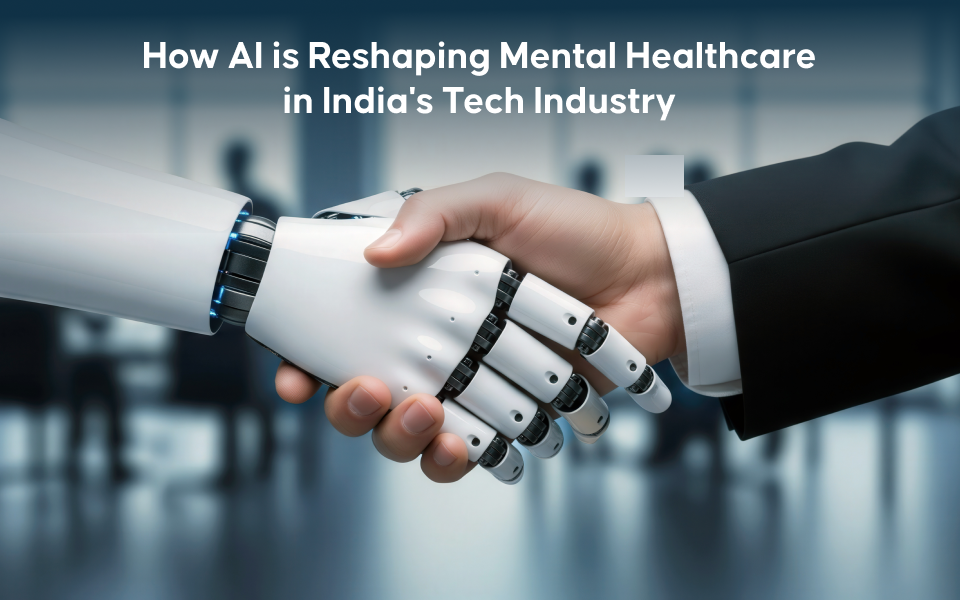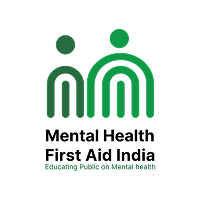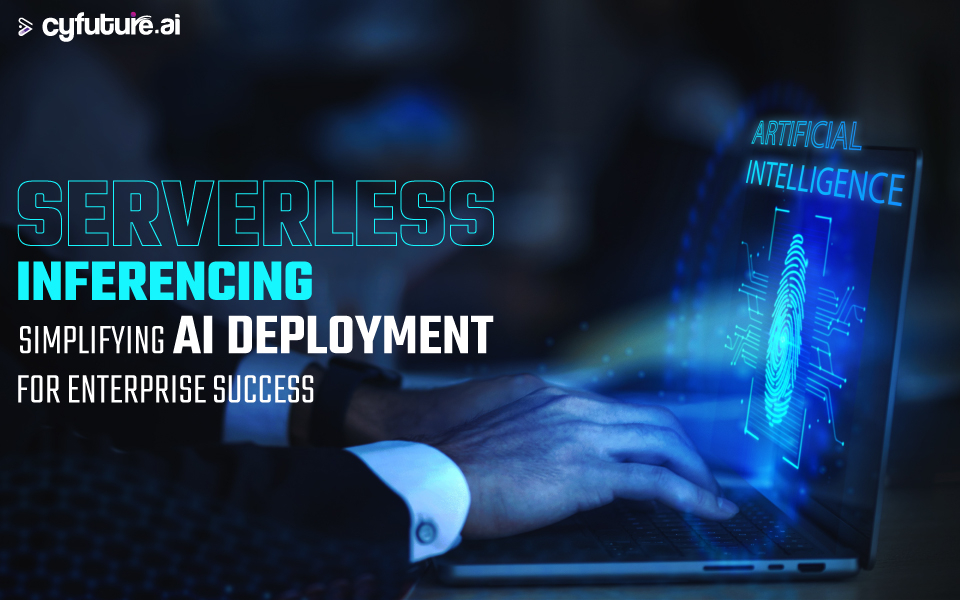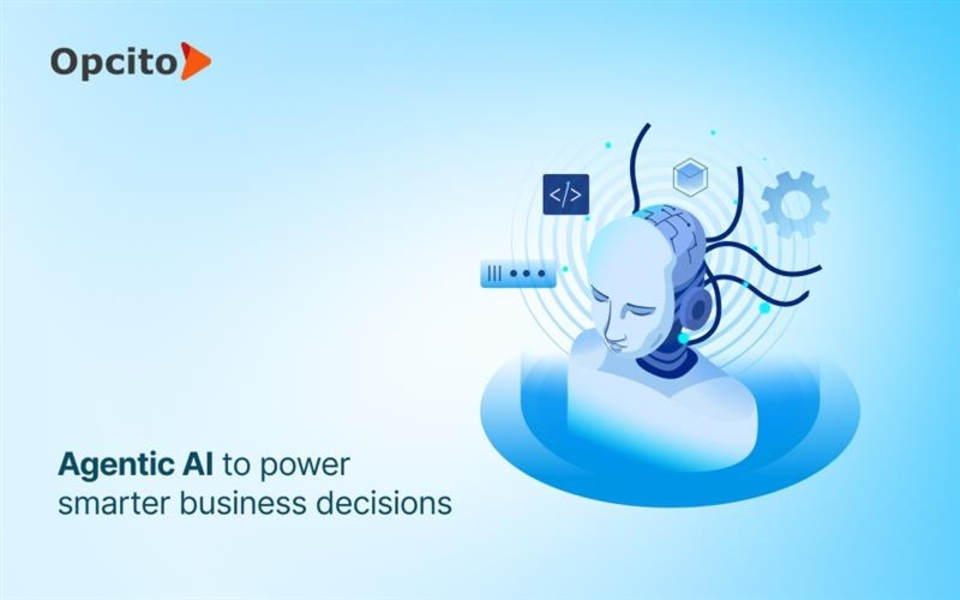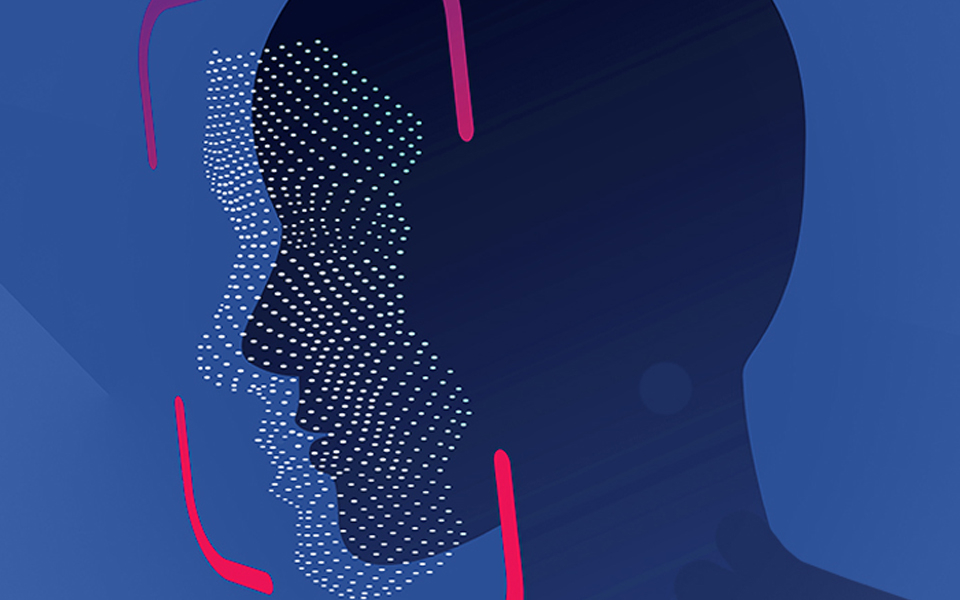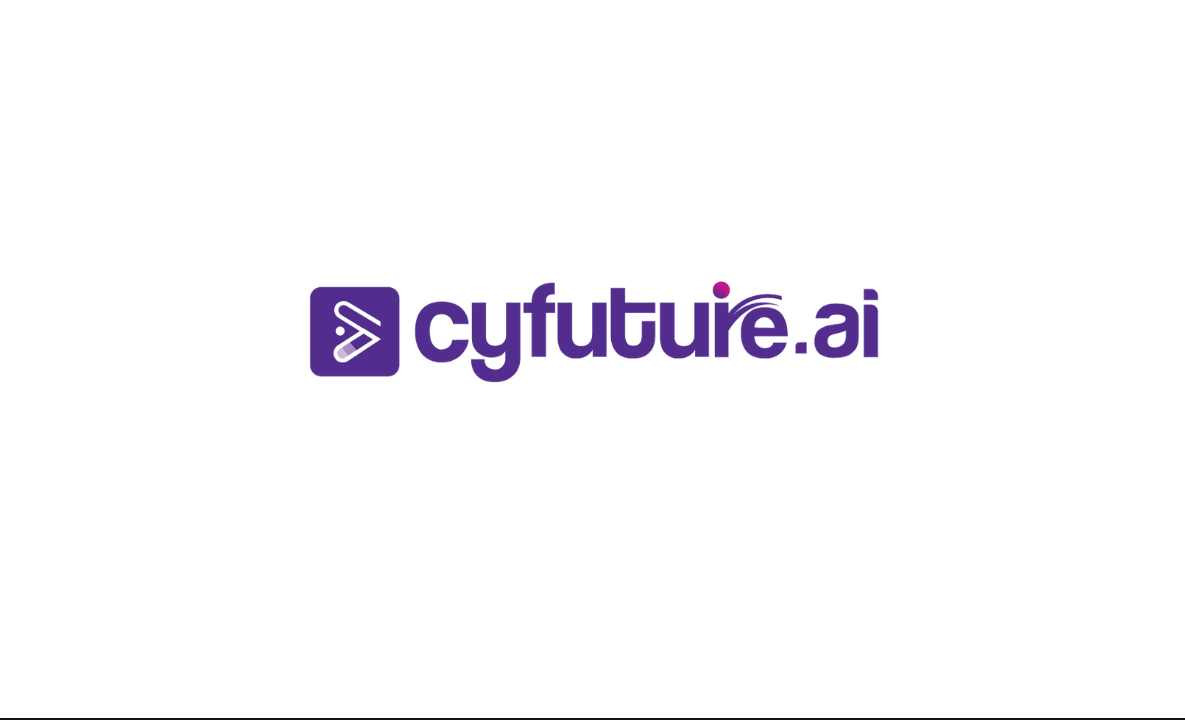India's technology sector is experiencing unprecedented growth, but with it comes an equally significant challenge: supporting the mental wellbeing of millions of professionals who power our digital economy. As we witness the rapid adoption of AI across industries, the intersection of artificial intelligence and mental healthcare presents both immense potential and critical responsibilities.
The Reality We Face
Tech professionals are navigating unique stressors—from demanding project deadlines to the constant pressure of staying ahead in a rapidly evolving field (Singh et al., 2023). Even if they want to, many hesitate to seek help for mental health due to workplace stigma, while others struggle to find relevant, culturally-appropriate support within existing frameworks.
Why Tech Needs AI-Driven Mental Health Solutions Now
The intersection of AI and mental healthcare isn’t just about global efficiency—it holds unique promise for India, where resource constraints, linguistic diversity, and mental health stigma often limit access to timely, personalized care. Here’s how AI is beginning to offer India-specific mental health solutions:
1. Personalized Support at Scale
India has just 0.75 psychiatrists per 100,000 people—far below the WHO recommendation. AI-powered apps and chatbots can bridge this gap by offering basic support in multiple Indian languages, adapting to regional communication styles, and culturally-sensitive content that makes users feel understood.
2. Reducing Professional Burden
With an overburdened system, Indian therapists often manage heavy caseloads and manual documentation. AI tools can automate appointment management, session notes, and even basic triage, allowing professionals to focus on meaningful client interaction—especially in government and NGO setups where staffing is minimal.
3. Predictive Insights for Indian Workplaces
High-pressure industries like IT, customer service, and gig work dominate India’s urban employment landscape. AI tools can analyze employee sentiment, track burnout trends, and flag early warning signs—helping employers intervene before stress escalates into full-blown mental illness.
4. Always-Available, Anonymous Support
In India, mental health stigma remains a barrier to seeking help—especially among youth, men, and rural populations. AI-powered apps offer anonymous, judgment-free interaction at any time of day, reducing the shame and delay associated with booking a traditional therapy session.
AI makes sense for India not just because it improves systems—but because it helps solve problems that are deeply local: lack of professionals, linguistic complexity, stigma, and scale. With the right ethical frameworks, AI could play a transformational role in making mental health care inclusive, accessible, and stigma-free.
Framework for Responsible AI Integration in Mental Health
The success of AI in mental healthcare depends not just on innovation, but on thoughtful, ethical, and culturally appropriate implementation. Drawing from Sharma & Patel (2023) and the recent global review by Casu et al. (2024), the following principles define a responsible AI framework tailored for India's mental health ecosystem:
1. Human-Centered Enhancement
AI should support, not replace, the therapeutic relationship. It can triage, educate, or support—but human connection must remain central. Especially in India, where interpersonal trust and cultural familiarity play vital roles in care, AI should augment community workers and clinicians, not sideline them.
2. Privacy as a Foundation
Given the deep stigma around mental illness in India, data security isn't optional—it's the foundation of user trust. AI systems must:
- Use end-to-end encryption
- Provide clear data consent mechanisms
- Respect affective privacy (Hudlicka, 2020), which safeguards users’ emotional expressions from unnecessary probing.
3. Transparency and Choice
- Users should always be told:
- They are interacting with AI
- How their data is being used
- That they have the option to opt out or switch to a human counselor
As Casu et al. (2024) emphasize, disclosure and agency build trust and help prevent over-reliance or emotional dependency on AI systems.
4. Inclusive & Culturally Sensitive Design
India’s diversity requires AI tools to work in multiple languages, dialects, and literacy levels. Developers must:
- Avoid Western-only training data
- Regularly test tools across urban and rural populations
- Build in contextual adaptations (Joshi & Narasimhan, 2023)
5. Non-Monetization of Mental Distress
Casu et al. (2024) recommend prohibiting the monetization of user distress or therapeutic interactions. This includes:
- No upselling of premium “empathy” features
- No surveillance advertising based on emotional disclosures
Mental health tools must prioritize wellbeing over profit.
6. Short, Purposeful Interactions
AI-based support tools should be designed to reduce session length, as prolonged interactions increase the risk of emotional dependency. Brief, guided check-ins or nudges are preferable over simulated "therapy marathons" (Casu et al., 2024).
7. Behavioral Nudging with Guardrails
If AI tools offer behavior nudges (e.g. to meditate, seek help), these should be:
- Ethically designed
- Culturally validated
- Tested for psychological impact
The goal is empowerment, not manipulation.
8. Continuous Evolution
Mental health is dynamic. So is language, slang, and cultural nuance. AI tools must be:
- Regularly updated with real-world Indian data
- Monitored for biases
- Adaptable to new challenges like digital addiction or online trauma
9. Accountability & Oversight
Clear regulatory guidelines are needed in India to:
- Approve clinical-grade AI tools
- Penalize misuse
- Support ethical innovation
Without such frameworks, public trust in AI mental health tools will remain fragile.
Real Impact in the Indian Context
When implemented responsibly, AI can transform mental healthcare delivery in ways that particularly benefit our tech workforce:
For Employees: Personalized check-ins in regional languages, AI-generated session summaries that reinforce progress, and 24/7 emotional support that respects cultural contexts.
For Mental Health Professionals: Automated documentation in multiple languages, real-time insights from session analysis, and intelligent care planning that considers cultural factors. These tools complement traditional mental health training by providing data-driven insights that enhance clinical decision-making.
For Organizations: Early identification of team stress patterns, reduced healthcare costs through preventive intervention, and data-driven insights that inform more effective wellness programs. Companies investing in mental health training for managers and HR teams find AI tools particularly valuable for scaling their support efforts.
The Path Forward
As we stand at the intersection of India's technological prowess and the growing recognition of mental health's importance, we have a unique opportunity to lead globally in responsible AI implementation for mental healthcare (World Health Organization, 2023).
The future isn't about choosing between human connection and technological innovation, it's about creating systems where both thrive together. By embracing AI thoughtfully and ethically, we can build a mental healthcare ecosystem that truly serves the needs of India's dynamic workforce.
The conversation about AI in mental health is just beginning. How we shape it will determine whether technology becomes a barrier or a bridge to better mental healthcare for all. Success will require collaboration between technologists, mental health professionals, and organizations committed to creating sustainable, human-centered solutions.
References
-
Singh, P., Kumar, M., & Gupta, S. (2023). "Occupational Stress Among IT Professionals in India: A Cross-Sectional Study." Indian Journal of Occupational and Environmental Medicine, 27(3), 145-152. DOI: 10.4103/ijoem.ijoem_89_23
- Sharma, R., & Patel, A. (2023). "Artificial Intelligence in Healthcare: Applications and Ethical Considerations in the Indian Context." Journal of Medical Internet Research, 25(8), e45123. DOI: 10.2196/45123
- Joshi, M., & Narasimhan, K. (2023). "Culturally Adaptive AI Systems for Mental Health: The Indian Perspective." AI & Society, 38(4), 1425-1438. DOI: 10.1007/s00146-023-01642-x
- World Health Organization. (2023). "Mental Health and Artificial Intelligence: Current Applications and Future Directions." WHO Technical Report Series, No. 1028.
- Sharma, A., & Patel, V. (2023). AI in Mental Health: Bridging the Ethical Gaps. Indian Journal of Mental Health Policy.
- Casu, M., Triscari, S., Battiato, S., Guarnera, L., & Caponnetto, P. (2024). AI Chatbots for Mental Health: A Scoping Review of Effectiveness, Feasibility, and Applications. Applied Sciences, 14(5889).
This article is the intellectual property of MHFA India Private Limited. Any reproduction, distribution, or use without prior written permission is strictly prohibited.




